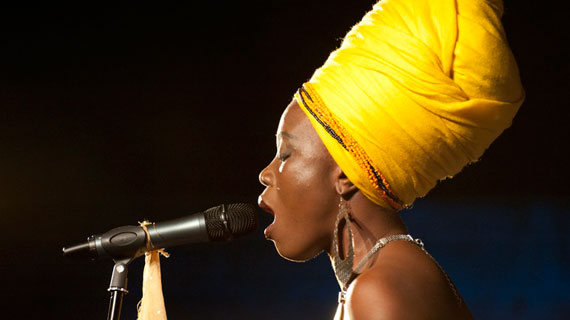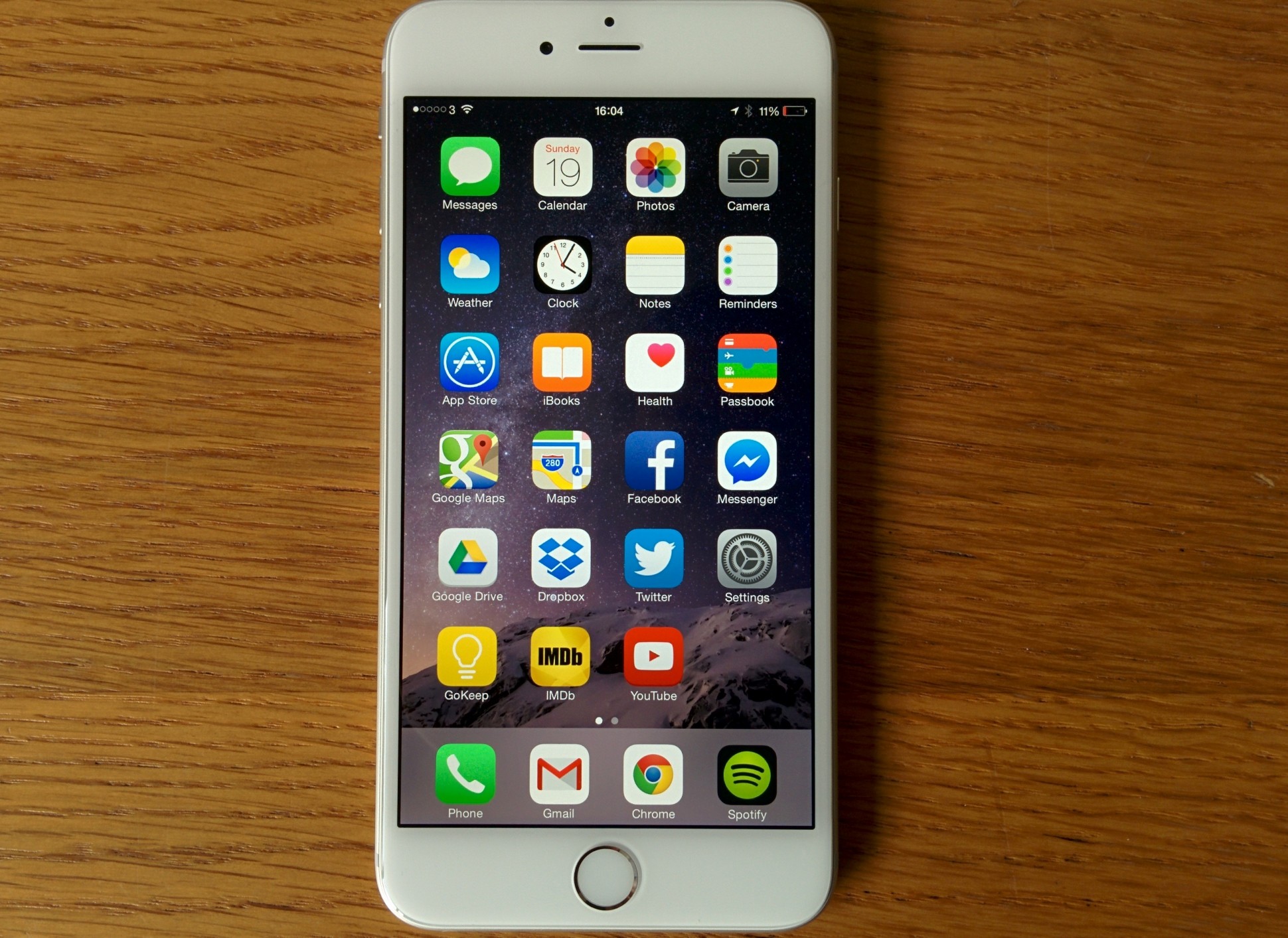
THE recently-held Bulawayo Comes Alive Music Festival all, but confirmed that the number of female musicians in the city is fast dwindling.
Own Correspondent
The festival organised by Jeys Marabini, brought together over 60 musical acts from Bulawayo and its hinterland. Most of the artistes were male with just a few lead musicians, dancers and back-up singers being female.
There was a time when Bulawayo used to boast musicians of the calibre of Dudu Manhenga, Beater Mangete, Skhu and Sandra Ndebele.
These women held the pulse of the music industry in their hands. However, with time, that glory has since faded away.
Dudu Manhenga is now an established jazz musician in Harare and leader of the band, Colour Blu. Skhu who rose with so much promise has since quit music to concentrate on business.
Beater Mangethe passed away in 2010 leaving behind a rich legacy. The multi-talented songbird-cum-actress even featured in Sungura King Alick Macheso’s album Succeed at the height of her career.
By default Sandra Ndebele has taken over the reins and while she is doing well, following the release of her sixth album in February, she is fast become a loner in the industry with no female counterparts to stand with her.
- Chamisa under fire over US$120K donation
- Mavhunga puts DeMbare into Chibuku quarterfinals
- Pension funds bet on Cabora Bassa oilfields
- Councils defy govt fire tender directive
Keep Reading
The dancing queen has travelled to Harare to hold joint shows with other female artistes, in the mould of Beverly Sibanda and Zoey Sifelani. Ndebele must have realised that Bulawayo is short of “musical queens” when she titled her album No Matter What an encouragement to her female counterparts to persevere in the face of challenges.
Bulawayo unfavourable for female musicians?
WHILE the music industry has been unkind to most musicians in the city, it seems it is the female musicians that have been hit hard.
Possenti Sikhosana, a musical promoter based in Bulawayo said the industry was not favourable to female artistes.
“The current state of the music industry in Bulawayo is not conducive to female artists. There are no opportunities for them to showcase their talent; for example if they are to set up a band the costs involved are high,” Sikhosana said.
“Let’s look at it this way; if a young lady wants to stage a jazz show where can she go and feel comfortable to perform. If you look at Harare there are a lot of female jazz artists and they perform at Jazz 105 and Book Café. In Bulawayo we do not have such venues.”
“In order to access venues where they can promote their craft, they would have to travel to Harare and this might prove to be too expensive,” he added.
Nkululeko Dube, a talent scout and director at Iyasa said there was a need to invest in the development of female musicians in the city. “I think we have not invested much in developing such talent and the fact that it’s never been easy to come up with a band due to resources in our region, will lead to the downfall of live music.
Band equipment is expensive and save for the Bulawayo Music Academy, where else can these youngsters learn how to play instruments and to sing?
“Stigmatisation of female artistes has also led to the upcoming ones shying away from the business,” Dube said.
A leading musician from the city, who spoke on condition of anonymity, said culture and society were also to blame. “In our culture, women are often discouraged from taking up such careers.
“Those who go on to do so are usually labelled as loose because music sometimes demands that they work at night,” he said.










